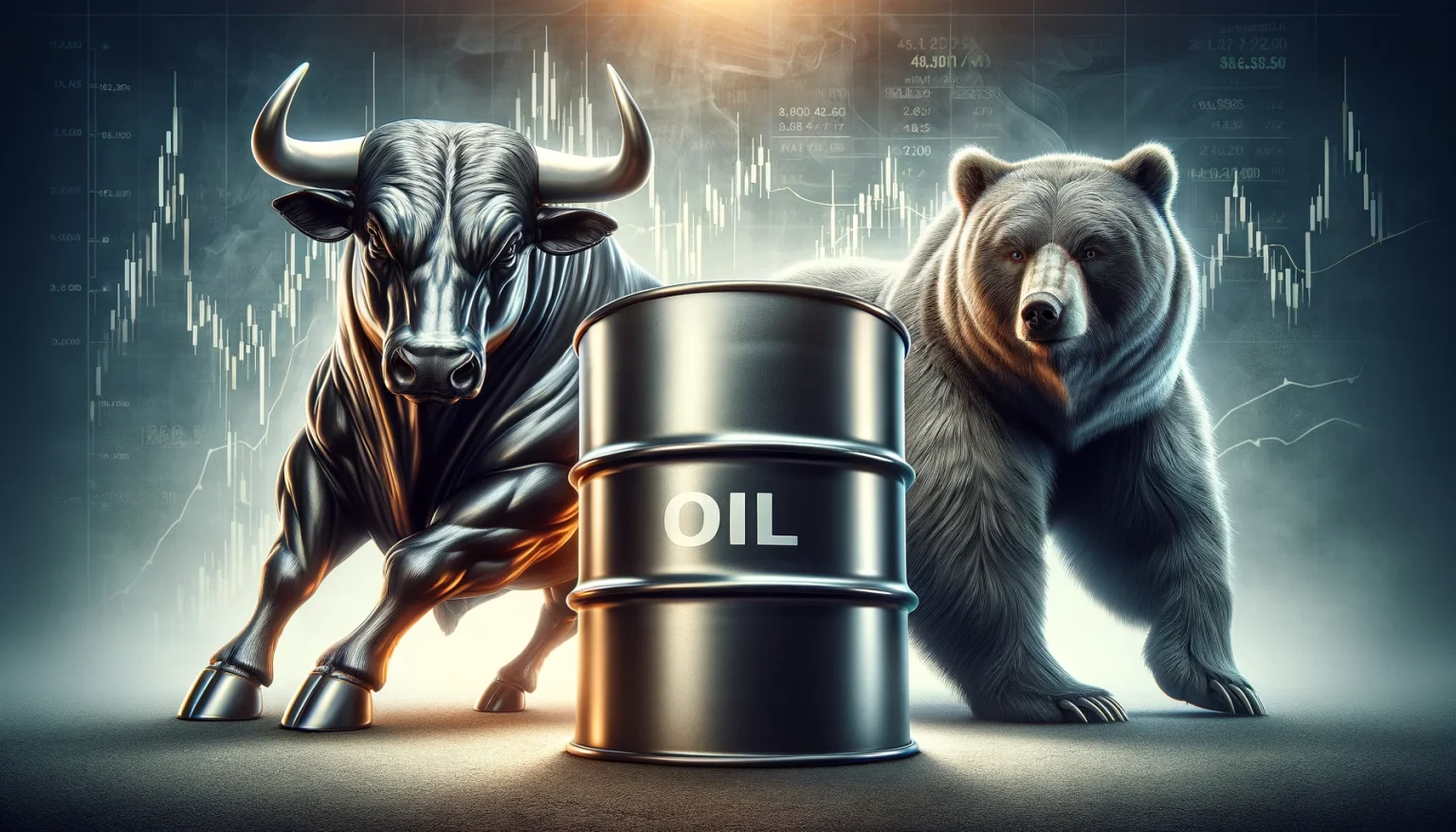With lockdowns easing in most countries of the world it was expected that demand for fuel
would start roaring again. However, that was not how things turned out. Last weekend, OPEC+
countries agreed on cutting outputs to stabilize the dramatic slide in prices. This deal was
supposed to keep the oil from flooding the market until the demand was returned to its normal
levels. Even with the rebalancing of supply and demand, the consumption has not picked up as
much as the bulls had hoped. The fizzling out of the euphoria in the first week of June has put a
dent on the hopes of many. All these events are a consequence of the fears of the second wave of
infections across the globe. Even though, slowly people are going back to their old lives the fear
remains.
This fear is what is halting the prices and consumption. According to experts, the demand shows
this month have been 4.5 million barrels per day which is twice the loss of last month.
Similarly, the recovery witnessed at the end of April has fizzled out as well bringing deliveries of
all kinds of fuels to 20 percent lower than expected. The shunned public transportation system
has caused a downslide in gasoline prices despite a surge in consumption by individuals. Fuels
for airplanes are still down by 60 percent which is the biggest loss this industry has seen.
Moreover, the drop in distillate fuel is still getting bigger. While some fights across the globe are
being reactivated, full border openings are still pending which is causing the downslide in fuel
demand and pricing levels. The future of the oil demand looks bleak until a full-fledge solution
is implemented in the long run. Until then this topsy turvy trajectory of fuel demand will be
manifested across the globe with numerous trickle-down losses for almost all industries.



![Ukrainian and Russian flags with soldier silhouettes representing ongoing conflict. [Image via Atlantic Council].](https://southasiatimes.org/wp-content/uploads/2026/02/2022-02-09T000000Z_1319661209_MT1NURPHO000HXCNME_RTRMADP_3_UKRAINE-CONFLICT-STOCK-PICTURES-scaled-e1661353077377.jpg)


